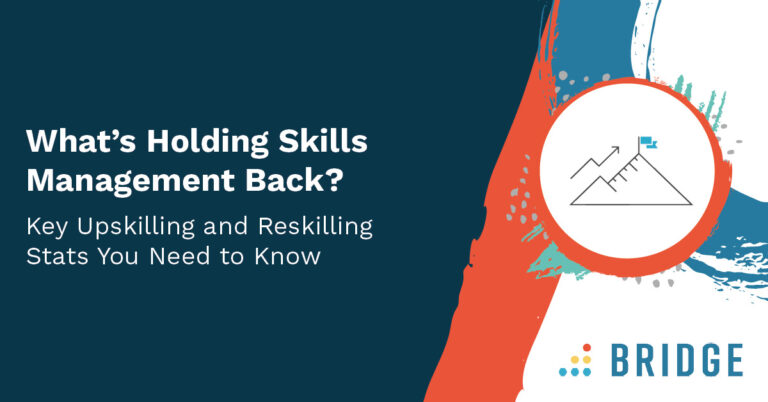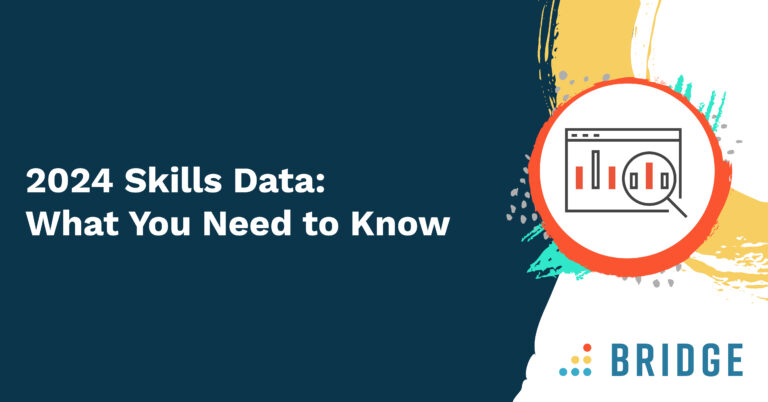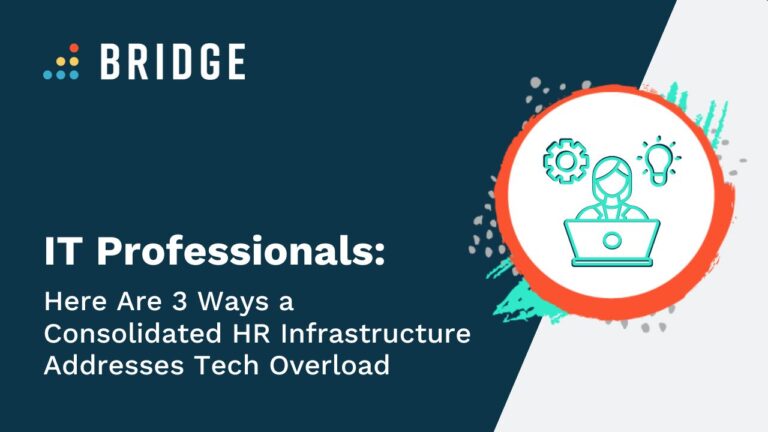How well do you know your own employees? Many employers believe that they have a loyal workforce who will stick with their company through thick and thin, but a recent BBC article tells a different story: ‘The Great Resignation’ is upon us. Employees are rethinking their career choices and quitting faster than employers can keep up with.
To put the issue into context, a Microsoft survey of more than 3,000 employees revealed that since the pandemic, 41% are considering quitting their jobs or changing careers altogether. If you don’t want to get wrong-footed by the changing working dynamic, it’s vital that you understand what your employees want.
Why Are Employees Quitting Their Jobs?
Some of the most commonly reported reasons for employees handing in their notice were due to a shift in priorities. A need for a better work-life balance or a change in career during the pandemic were commonly reported. However, poor treatment from employers and a ‘toxic workplace culture’ also played a large part in the decision for many.
In light of this news, understanding your employees’ motivations and what they want from their role is becoming more important. That’s why conducting regular employee engagement surveys is vital for keeping your workforce happy in their jobs.
Do Engagement Surveys Increase Employee Retention?
Employee engagement surveys are important to test the waters of your business and to really understand how your employees feel, but you need to do more than just collate the data. It’s important to understand that the purpose of surveys isn’t to measure engagement. Instead, you improve engagement by acting on the responses you receive and show your employees that you’re listening to their feedback by implementing their feedback. Surprisingly, only 42% of businesses are fully willing to take action to implement the improvements that employees want and need, and this could make or break your employee engagement.
It’s no secret that employees are more likely to stay when they feel valued and listened to. A LinkedIn study from 2019 revealed that engaged employees are 87% less likely to leave their current roles than their disengaged counterparts. This means that acting on engagement survey results could be the key to keeping a happy and loyal workforce.
Additional Benefits of Regular Engagement Surveys
Conducting employee engagement surveys is not only a valuable way to improve retention, it’s also a powerful tool to gain insight, into and understand what’s important for, your workforce. Engagement surveys give employees a role in shaping the culture of your business, guide managers to better engage with people, and highlight any areas for improvement.
Here are some additional benefits of conducting regular engagement surveys:
- Building Empathy and Trust: When you provide a way for workers to share anonymously, they’re more likely to open up with the kind of information they wouldn’t always feel comfortable sharing. Giving your employees a voice is an important and sometimes forgotten part of management, it gives us valuable insight into how we’re performing and how we’re relating to our team.
- Employees Can Help to Direct Business Growth: Understanding how your company measures metrics such as engagement, leadership success, and employee retention will enable you to benchmark this success for the future. This can highlight any areas for improvement, allowing you to identify best practices within your business and obtain actionable data. You can then use that data to make any improvements across the business and monitor progress.
- Giving Employees a Voice: Ensuring your employees feel as though the business cares about their concerns and is willing to act upon them can help to establish a sense of belonging. Employees are made to feel as though their opinions matter and their concerns are actively being addressed. This, in turn, will make your workforce happier, more positive, and more likely to stay with the company.
How Can Bridge Help?
If you’re looking for a way to measure your organisation’s engagement, to better understand how your employees are feeling in the workplace and improve your company’s culture, then Bridge is here to help.
Bridge’s Employee Engagement Survey platform gives employees a voice in building company culture while helping managers stay in sync with employee morale and overall engagement through meaningful insights and analytics. Bridge helps you to build and deliver relevant surveys, easily interpret and segment the data and equip managers with the resources they need to action their results based on findings. Since employees know that the results are kept anonymous, your feedback will be honest and relevant.
Find out more and get a free demo.



